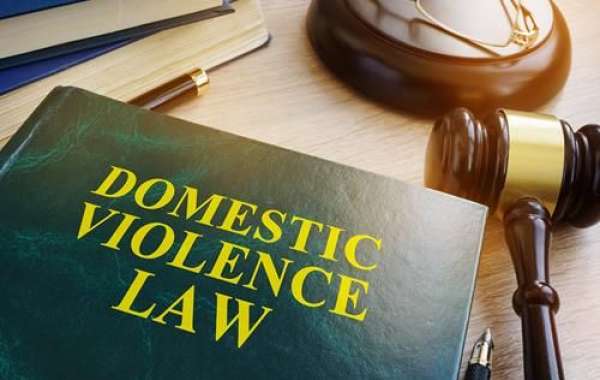Being Accused Of Domestic Violence in New Jersey can carry a significant social stigma and legal repercussions, which often leads to intense feelings of anger, frustration, and resentment. Here are some undeniable reasons why people harbor negative feelings toward being accused of domestic violence:
- Immediate Stigma and Social Isolation: An accusation of domestic violence often leads to immediate judgment from friends, family, and the community, even before any legal determination is made. The accused may find themselves ostracized, losing support networks, and facing social isolation.
- Presumption of Guilt: Despite the principle of “innocent until proven guilty,” those accused of domestic violence often face a presumption of guilt. This can lead to unfair treatment in both personal relationships and professional settings, where the mere accusation can damage one’s reputation permanently.
- Legal Consequences Without a Conviction: In New Jersey, even a temporary restraining order (TRO) can result in serious legal consequences, including being forced out of one’s home, losing custody or visitation rights with children, and restrictions on communication with the alleged victim. These consequences can occur before any formal trial or finding of guilt.
- Employment and Financial Impact: An accusation of domestic violence can lead to job loss, especially in professions that require background checks or involve working with vulnerable populations. The financial strain of legal fees, potential unemployment, and ongoing court costs can compound the stress and frustration of the accused.
- Emotional and Psychological Toll: Being accused of domestic violence can lead to severe emotional and psychological distress. The accused may experience anxiety, depression, and a sense of helplessness as they navigate the legal system, often feeling that their side of the story is not being heard.
- Permanent Record: If a Final Restraining Order (FRO) is issued, the accused’s name will be placed in the Domestic Violence Central Registry in New Jersey. This listing is permanent unless successfully challenged in court, leading to long-lasting repercussions that follow the accused even after the matter is resolved.
- Impact on Child Custody and Family Life: Accusations of domestic violence can have a devastating impact on child custody arrangements. Courts prioritize the safety of the child, which may lead to the accused losing custody or being granted only supervised visitation, fundamentally altering family dynamics.
- Difficulty in Defending Against False Accusations: Defending against false accusations of domestic violence can be particularly challenging, as the legal system is designed to protect victims, sometimes at the expense of those falsely accused. Proving one’s innocence can be an uphill battle, with the accused often feeling that the system is stacked against them.
- Restrained Personal Freedom: A restraining order significantly limits the personal freedom of the accused. They may be prohibited from visiting certain places, communicating with the alleged victim, or even accessing their own home. These restrictions can feel like a punishment, even in the absence of a conviction.
- Long-Term Social Consequences: The social consequences of being accused of domestic violence can extend far beyond the legal process. The accused may struggle to form new relationships, face ongoing mistrust from others, and be continuously reminded of the accusation, impacting their ability to move forward with their life.
- Potential for Retaliation: In some cases, individuals accused of domestic violence may feel they are being retaliated against by their partner or spouse, especially in contentious divorces or custody disputes. The belief that the accusation is being used as a weapon can lead to feelings of anger and betrayal.
- Lack of Support: The accused often finds themselves with limited support, as friends and family may distance themselves to avoid being associated with the situation. This lack of support can exacerbate feelings of loneliness and despair during an already challenging time.
These reasons highlight the profound impact that an accusation of Reckless Driving New Jersey can have on an individual’s life, explaining why those accused might harbor such strong negative feelings toward the situation.




